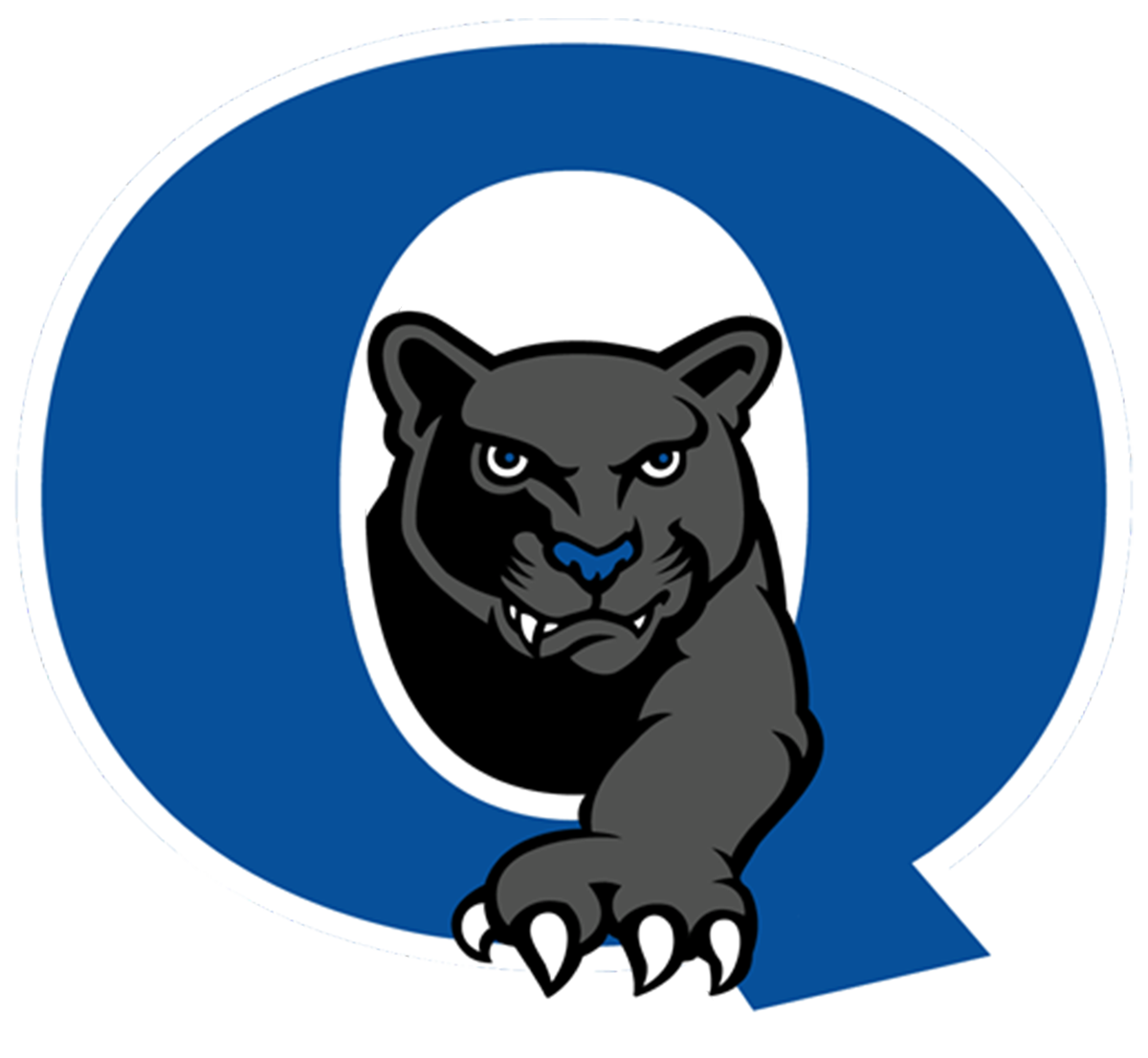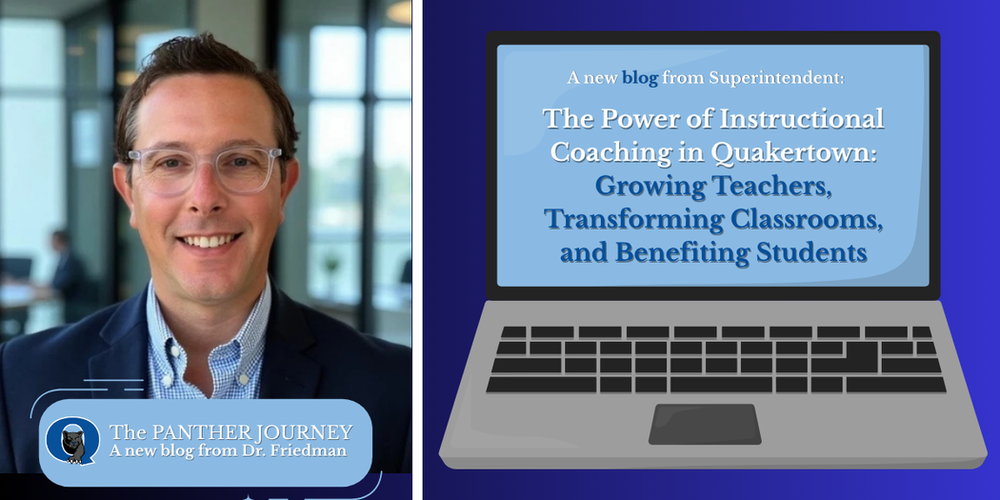The Power of Instructional Coaching in Quakertown: Growing Teachers, Transforming Classrooms, and Benefiting Students
When people ask me what makes Quakertown Community School District special, I point to our Portrait of a Graduate, our focus on a common career language, the emphasis on computational thinking and data science starting at our elementary schools, our incredible students, our dedicated teachers, our dynamic administrators, the supportive school board, and our engaged community as a whole. But behind the scenes, one group has been quietly leading a radical transformation in how teaching and learning happens every day: our K-12 instructional coaches.
When I arrived in Quakertown in 2023, our coaches were assigned to individual buildings. Many split their time between coaching and serving as interventionists. They did good work, but the model was fragmented. That’s when we made a deliberate shift. We restructured the role, moving away from building-based assignments and creating a unified K–12 coaching team. Today, our instructional coaches operate out of the district office, but their classroom is everywhere. They flexibly support all eight schools, going where they are needed most. This shift—from siloed, building-based coaches to a districtwide model—has been one of the most impactful changes we’ve made as a district in the last several years.
Instructional coaching is one of the most powerful investments a school district can make. Unlike traditional professional development, which can feel one-size-fits-all, coaching is personal, transformative, and rooted in the classroom and pedagogy. Our coaches work side by side with teachers, supporting them to grow as professionals in ways that immediately benefit students.
Last spring, I visited a fourth-grade classroom where a teacher and coach had redesigned a literacy lesson. Instead of relying solely on direct instruction, they co-created small-group reading circles, peer discussion, and the use of digital tools. On the day I visited, the coach was there—not as an evaluator, but as a co-teacher. Together, they modeled questioning strategies, moved between groups, and supported students in analyzing the text. The energy was palpable. Students weren’t just reading; they were engaging, collaborating, and thinking critically. After class, the teacher told me, “I never would have tried this without my coach. She gave me the confidence, the structure, and the support to take a risk. My students are better off because of it.”
That story reflects the bigger picture of coaching in Quakertown. Coaches are no longer tied to a single building. They are free to do what they do best: partner with teachers on lesson development, model strategies, rethink classroom design, and engage in honest reflection and feedback. And because they move across schools, they carry best practices with them, connecting teachers and spreading innovation districtwide. A strategy that works in an elementary classroom can inspire a middle school math lesson; a high school project-based unit can ripple back into our intermediate grades.
Every teacher remembers their early years—long nights, trial and error, steep learning curves. Even veteran teachers face new challenges as curriculum and student needs evolve. Coaches bridge that gap. They aren’t supervisors or evaluators; they’re partners in learning. That partnership creates a culture of continuous growth, where professional development isn’t an event but a daily practice.
Instructional coaching in QCSD about unleashing potential. And when we unleash teachers’ potential, we unleash students’ potential. Our coaches are change agents, culture builders, and partners in our mission. They represent the very best of what it means to invest in people.
As superintendent, I am proud that Quakertown has embraced coaching as a cornerstone of our growth.

